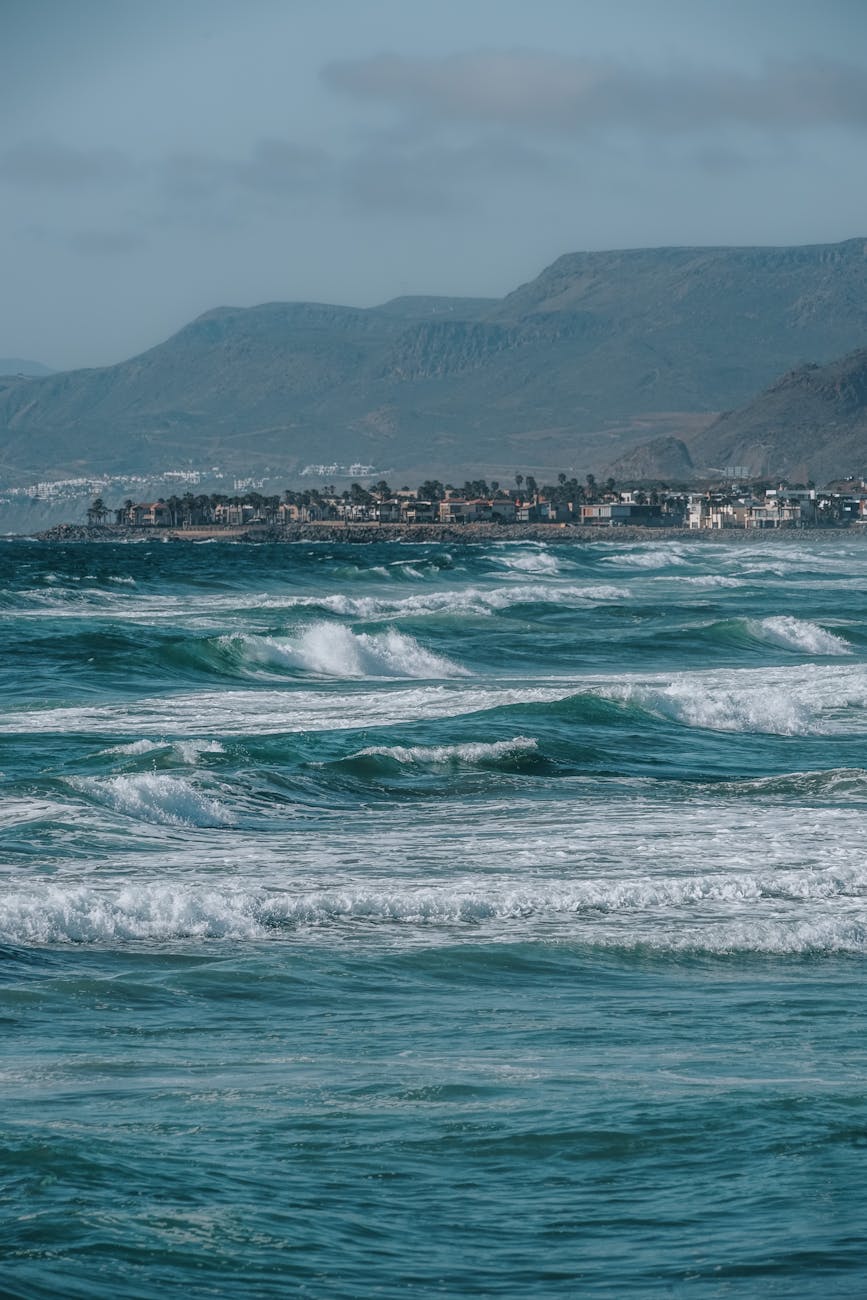Have you ever wondered how your vacation choices reflect not only your personal preferences but also the political climate? Every destination offers unique experiences, but their broader impact can shape the direction of future elections. In this blog post, we’ll dive into the intricate relationship between holiday destinations and voting behavior, examining how certain locales resonate with the electorate and influence political outcomes.
As we uncover the threads connecting travel trends and electoral decisions, we will explore the destinations that stand out this election cycle and why they could play a crucial role. Buckle up and prepare for a journey that reveals how your next holiday might just inform your vote and why where we vacation is increasingly intertwined with the political landscape.
Travel is no longer seen merely as a luxury; it has become an essential aspect of modern living. The resurgence of travel post-pandemic has brought a wave of enthusiasm, not just for exploration but also for connecting to various cultures and environments. From eco-tourism to adventure travel, the options available today cater to an array of interests, enabling destinations to market themselves to specific demographics.
In light of current events, many travelers are seeking experiences that align with their values – be it sustainability, cultural authenticity, or wellness-focused retreats. This shift becomes significant as travelers tend to favor countries or regions that uphold specific political values. Notably, tourism boards are increasingly focused on these trends, tailoring marketing strategies that resonate with conscientious travelers and, by extension, influence their political leanings. Thus, travel trends today are creating ripples that have the potential to shape the next elections more than ever before.
Have you ever considered how a trip can lead to a change in perspective? When individuals travel, they open themselves up to new ideas, cultures, and social norms. This exposure often leads to greater awareness and shifts in attitudes towards various political issues. A recent study highlighted that tourists who engaged with local communities reported more progressive beliefs upon returning home. With this in mind, it’s clear that the influence of travel on voting behavior cannot be understated.
As society embraces globalization, more people are blending their holiday experiences with their everyday lives. This fusion, in turn, translates into how individuals vote. Voters who have traveled may gravitate toward candidates that promote international cooperation, cultural inclusion, and sustainable policies. Hence, the evolving traveler mindset is a strong undercurrent shaping preferences in future elections—one that politicians must heed as they campaign for votes.
Every election cycle showcases certain places as epicenters of political dialogue. This year, destinations such as vibrant coastal cities, historical landmarks, and rejuvenating natural venues capture the essence of not only travel but also changing social values. Cities renowned for their environmental initiatives or rich cultural offerings are drawing in voters who prioritize these aspects in their political choices.
A beautiful example is the rise of eco-travel locations like Costa Rica or Sweden, where environmentalism reigns supreme. Travelers flock to these sites, not solely for leisure, but to immerse themselves in lifestyles that align with their political beliefs. Consequently, these popular spots have the might to sway public opinion, pushing candidates to engage with topics like climate change more seriously. In essence, the relationship between favored destinations and voter decisions has never been so apparent, creating a political landscape teeming with potential for transformative dialogue.
As people choose to visit destinations that resonate deeply with their ideals, these choices begin to echo in the political sphere. Popular vacation spots function as platforms for dialogue and reflection, often amplifying pressing issues and concerns faced locally and globally. Politicians can no longer ignore the significance of aligning their campaign messages with the sentiments these locations inspire.
Additionally, the influx of tourists creates economic variables that can impact local votes. An increase in tourism can bolster the local economy, leading to a boost in public infrastructure. In turn, this may sway voters to support policies that prioritize sustainability and responsible governance. The circular relationship between tourism and political action presents countless opportunities for candidates to resonate with the electorate. Therefore, understanding this dynamic could very well be the key to unlocking the next wave of electoral success.
While we can analyze current trends and historical relationships, predicting the future offers a fascinating glimpse into how travel and politics may intersect. As younger generations increasingly value experiences over possessions, the trend toward mindful travel choices is set to rise. This increasing demand for travel that prioritizes ethical practices will inevitably inform how future leaders address pertinent global issues, now and in years to come.
Looking ahead, we might see a growing emphasis on global issues, such as climate initiatives, immigration policy, and international cooperation, dominating campaign slogans. Destinations that advocate for progressive values will likely position themselves as key influencers in shaping not only tourism but also the political narrative. In light of this, recognizing these links early on may be crucial for both discerning voters and those looking to lead them into the future.
It’s imperative that we recognize the intricate interplay between travel and politics as we set our sights on future elections. As travelers continue to seek destinations that reflect their values, the ripples of this pursuit will undoubtedly influence candidates and their campaigns. By embracing the power of holiday destinations as platforms for dialogue, we can collectively forge a brighter political future.
The fusion of wanderlust and political consciousness warrants attention, and it’s time to embrace this connection fully. As we redefine what it means to be an informed voter, understanding the tastes and travels of the electorate will become a necessity for candidates striving for relevance in an increasingly interconnected world.
How do travel trends affect political perspectives?
Travel trends shape political perspectives by exposing travelers to diverse cultures and viewpoints, often leading to a broader understanding of global issues.
Which destinations are currently influencing elections?
Destinations like Costa Rica, Sweden, and cities known for their cultural riches or environmental initiatives are playing significant roles in influencing voter decisions.
Can travel change voting behavior?
Yes, travel can change voting behavior as individuals who engage with different communities often develop new beliefs that align with progressive policies.
What role do politicians play in travel trends?
Politicians must align their messages with the values promoted by popular destinations, recognizing that these places can sway public opinion and encourage voter turnout.
How can voters make their travel choices impactful?
Voters can make their travel choices impactful by selecting destinations that prioritize social issues they care about, thereby encouraging political dialogue and change.
Image Credit: Pexels





